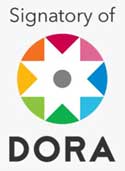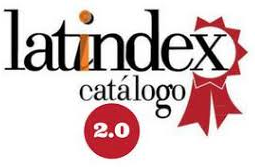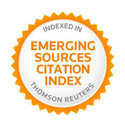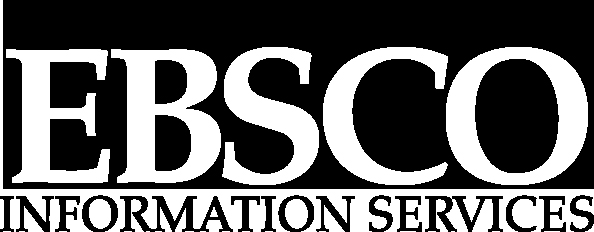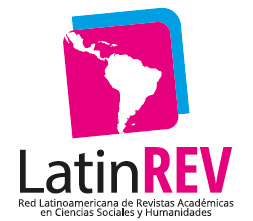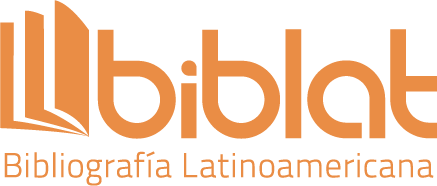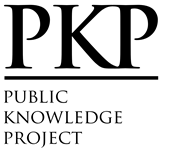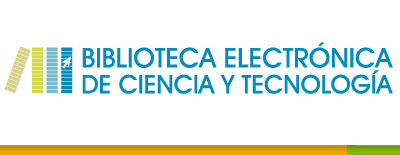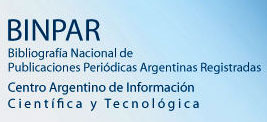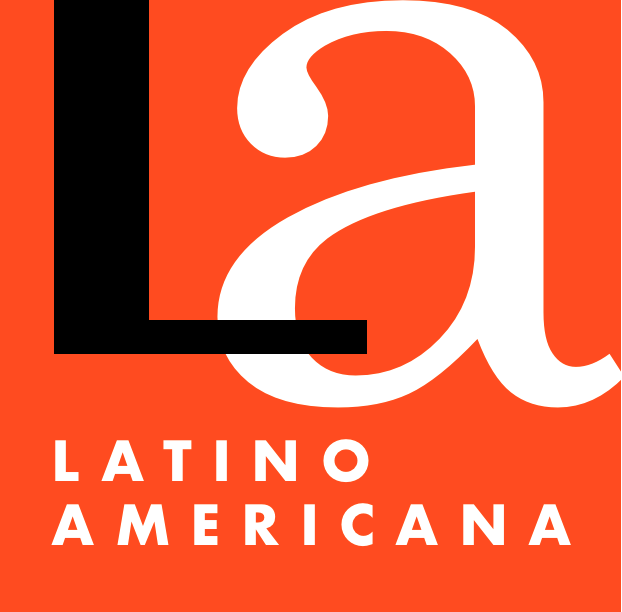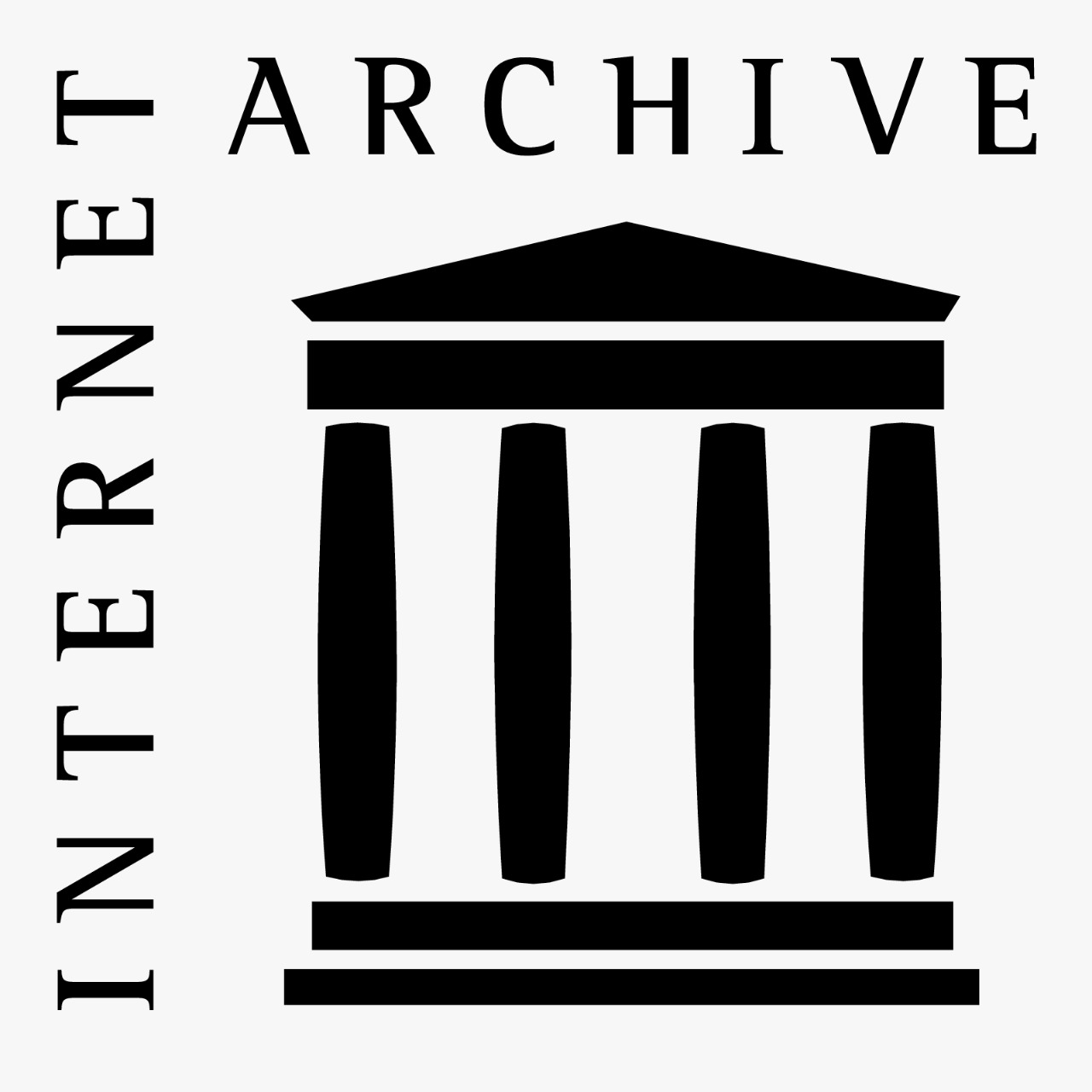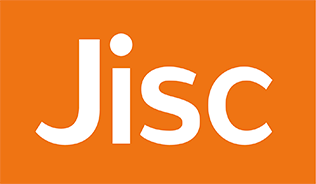Anatomy of a transpodcaster
A new type of independent podcast producer
Abstract
As the podcast establishes itself as a new medium, an increasing number of transpodcasts have emerged. These are transmedia projects that expand the limits of sound to broaden the possibilities of narrative and increase participation, while always keeping podcasts at the center of the experience. In this context — and through a study of independent podcasters in the city of Córdoba, Argentina — this article analyzes a new type of podcast producer, linked to the production of transpodcasts. Our main goal is to describe a group of transpodcast experiences in the aforementioned city and characterize their producers. Through qualitative investigation and ethnographic field work, we were able to obtain relevant data about sound-based transmedia experiences developed during the first semester of 2021 in the capital of the province of Córdoba. Specifically, the study focuses on three podcasts: Parque Podcast, No me grites
producciones, and Una bomba de tiempo. Our approach, and especially our in-depth interviews with the producers of the aforementioned projects, allowed us to identify the main traits of these producers, who are distinct from those profiled in previous studies. Following our analysis, we concluded that the members of the multidisciplinary teams that design and execute transmedia podcasts tend to professionalize their craft and designate at least one coordinator who can look over the entire project. These coordinators adopt the role of a producer or transmedia producer, specifically the new role of a user-producer of a podcast, which, in our contribution to the subject, we are calling a transpodcaster.
Downloads
References
Adler-Berg, F.-S. (2021). The tension between podcasters and platforms: independent podcasters’ experiences of the paid subscription model. Creative Industries Journal, 15(1), 58-78. https://doi.org/10.1080/17510694.2021.1890417.
Álvarez-Álvarez, C. (2008). La etnografía como modelo de investigación en educación. Gazeta de Antropología, 24(1). http://www.gazeta-antropologia.es/?p=2347.
Berry, R. (2018). Just because you play a guitar and are from Nashville doesn ́t mean you are a country singer: The emergence of medium identities in podcasting. En Llinares, D.; Fox, N.; Berry, R. (Eds.), Podcasting. New aural cultures and digital media (pp. 15-33). Palgrave Macmillan.
Callejo, J., y Viedma, A. (2005). Proyectos y estrategias de investigación social: la perspectiva de la intervención. McGraw Hill/Interamericana de España S.A.
Carrión, J. (22 de noviembre de 2020). La edad de oro del pódcast. The New York Times. https://www.nytimes.com/es/2020/11/22/espanol/opinion/podcast-spotify.html.
Comaroff, J., y Comaroff, J. (1992). Ethnography and the historical imagination. Routledge.
Corbetta, P.G. (2003). Metodología y técnicas de investigación social. McGrawHill.
De-Lara-González, A., y del-Campo-Cañizares, E. (2018). El podcast como medio de divulgación científica y su capacidad para conectar con la audiencia. Revista Mediterránea de Comunicación, 9(1), 347-359. https://doi.org/10.14198/MEDCOM2018.9.1.15
Drop the Mic (2020). Consumo de podcast en Argentina. https://agustinespada.files.wordpress.com/2020/05/consumo-de-podcast-en-argentina-2020-drop-the-mic-agustin-espada-alejandra-torres.pdf.
Espada, A. (2017). Podcast, el mundo de la radio on demand. Otra manera de hacer radio pensada para el oyente multiplataforma. Fibra. Tecnologías de la comunicación. http://papel.revistafibra.info/podcast-mundo-la-radio-on-demand.
Espada, A. E. (2018). Nuevos modelos radiofónicos: las redes de podcast en Argentina: producción, distribución y comercialización de la radio on demand. Question/Cuestión, 1(59), e081. https://doi.org/10.24215/16696581e081.
Espada, A. (2019). La Argentina Podcastera. Anfibia. https://www.revistaanfibia.com/la-argentina-podcastera/.
Espada, A. (2021). Ecosistema sonoro: podcast, radio y audiolibros. Anfibia. https://www.revistaanfibia.com/taller/ecosistema-sonoro-podcast-radio-audiolibros/.
Forbes, D., y Khoo, E. (2015). Voice over distance: a case of podcasting for learning in online teacher education. Distance Education, 36(3), 335-350. https://doi.org/10.1080/01587919.2015.1084074.
Gamir-Ríos, J., y Cano-Orón, L. (2022). Characteristics of the Spanish podcast sphere. Between democratization and commercial logic. Profesional de la Información, 31(5), e310505. https://doi.org/10.3145/epi.2022.sep.05.
García-Marín, D. (2019). La radio en pijama. Origen, evolución y ecosistema del podcasting español. Estudios sobre el Mensaje Periodístico (25), 181-196. https://doi.org/10.5209/ESMP.63723.
García-Marín, D. (2020a). Universo Transpodcast. Modelos narrativos y comunidad independiente. Historia y Comunicación Social, 139-150. https://doi.org/10.5209/hics.69232.
García-Marín, D. (2020b). Del zine al podcast. Repensar la cultura de la participación desde un análisis comparativo de los medios alternativos. Doxa Comunicación (30), 107-125. https://doi.org/10.31921/doxacom.n30a5.
García-Marín, D. (2020c). Escuchas de la Complejidad. Perfil y Taxonomía de los Usuarios en el Podcasting Independiente. En R. Longhi , A. Lovato, y A. Gifreu (Edits.), Narrativas Complexas (pp. 207-228). Ria Editorial.
García-Marín D. (2022). New Media, New Practices? A Study of the First Spanish Podcast Community and Its Pioneers. Social Sciences, 11(7), 308. https://doi.org/10.3390/socsci11070308.
García-Marín, D., y Aparici, R. (2018). Nueva comunicación sonora: cartografía, gramática y narrativa transmedia del podcasting. Profesional de la información, 27(5), 1071-1081. https://doi.org/10.3145/epi.2018.sep.11.
García-Marín, D., y Aparici, R. (2020). Voces domesticadas y falsa participación: anatomía de la interacción en el podcasting transmedia. Comunicar: revista científica de comunicación y educación, 28(63), 97-107. https://doi.org/10.3916/C63-2020-09.
Gee, J.P.; Hayes, E.R. (2012). Language and learning in the digital age. Routledge.
Gosciola, V. (2012). Narrativa transmídia: conceituação e origens. En C. Campalans, D. Renó, y V. Gosciola (Edits.), Narrativas transmedia: entre teorías y prácticas. Editorial Universidad del Rosario.
Hancock, D., y McMurtry, L. (2018). I know what a podcast is: Post-serial fiction and podcast media identity. En Llinares, D.;Fox, N.; Berry, R. (Eds.), Podcasting. New aural cultures and digital media pp. 81-105). Palgrave Macmillan.
Hasan, M. M., y Hoon, T. B. (2013). Podcast Applications in Language Learning: A Review of Recent Studies. English Language Teaching, 6(2), 128–135. https://files.eric.ed.gov/fulltext/EJ1076962.pdf.
Jenkins, H. (2008). Convergence Culture. La cultura de la convergencia en los medios de comunicación. Paidós.
Johansson, C. (2021). YouTube podcasting, the new orality, and diversity of thought: intermediality, media history, and communication theory as methodological approaches. En S. Petersson (Ed.), Digital human sciences: new objects-new approaches (pp. 253-284). Stockholm University Press.
Kaplún, M. (2002) Una pedagogía de la comunicación (el comunicador popular). Editorial Caminos.
Levinson, P. (2014). New New Media. Pearson.
Llinares, D. (2018). Podcasting as liminal praxis: Aural mediation, sound writing and identity. En Llinares, D.; Fox, N.; Berry, R. (Eds.), Podcasting. New Aural Cultures and Digital Media (pp. 123-145). Palgrave Macmillan.
López-Villafranca, P. (2019). Estudio de casos de la ficción sonora en la radio pública, RNE, y en la plataforma de podcast del Grupo Prisa en España. Anuario electrónico de Estudios en Comunicación Social Disertaciones, 12(2), 65-78. https://doi.org/10.12804/revistas.urosario.edu.co/disertaciones/a.6547.
Manovich, L. (2001): El lenguaje de los nuevos medios de comunicación. La imagen en la era digital. Paidós.
Markman, K. (2012). Doing radio, making friends, and having fun: Exploring the motivations of independent audio podcasters. New Media y Society, 14(4), 547-565. https://doi.org/10.1177/1461444811420848.
Markman , K. M., y Sawyer, C. E. (2014). Why Pod? Further Explorations of the Motivations for Independent Podcasting. Journal of Radio y Audio Media, 21(1), 20-35. https://doi.org/10.1080/19376529.2014.891211.
Martínez-Costa, M. P., y Prata-Moreira-Martins, N. (2017). La radio en busca de su audiencia: hacia una escucha diversificada y multiplataforma. Intercom: Revista Brasileira de Ciências da Comunicação, 40(3) 109-128. https://doi.org/10.1590/1809-5844201737.
Martín-Morán, A., y Martín Nieto, R. (2022). Qualitative approach to the formalization of a professional podcasting culture. Evolution and trends. Profesional de la Información, 31(5), e310517. https://doi.org/10.3145/epi.2022.sep.17.
McGarr, O. (2009). Podcasting in higher education: a review of the literature with particular reference to its influence on the traditional lecture. Australasian Journal of Educational Technology, 25(3), 309-321. https://doi.org/10.14742/ajet.1136.
Paterson, Q. S., Thoma, B., Milne, W. K., Lin, M., y Chan, T. M. (2015). A Systematic Review and Qualitative Analysis to Determine Quality Indicators for Health Professions Education Blogs and Podcasts. Journal of Graduate Medical Education, 7(4), 549-554. https://doi.org/10.4300/JGME-D-14-00728.1.
Pereyra, M. (2018). La convergencia natural del lenguaje sonoro: radio web. En M. Viada, y M. Pereyra (Coords.), Comunicación digital: Perspectivas académicas y profesionales (pp. 45-57). Universidad Nacional de Córdoba.
Pérez-Alaejos, M. P. M., y López-Merayo, A. (2013). Entre ondas y bits: El podcasting en las redes nacionales de radio españolas. Revista Comunicação Midiática, 8(3), 181-202. https://dialnet.unirioja.es/servlet/articulo?codigo=4790821.
Piñeiro-Otero, T. (2019). Relatos que se expanden hasta tus oídos. De la radio a las extensiones sonoras de mundos transmedia. En F. Irigaray, V. Gosciola, y T. Piñeiro-Otero (Coords.), Dimensões Transmídia (pp. 120-146). Ria Editoral.
Porcel, A., y Pereyra, M. (2018). Nuevos medios para viejos fines: Parque Podcast, red de podcasts. En M. Viada, y M. Pereyra (Coords.), Comunicación digital: Perspectivas académicas y profesionales (pp. 58-71). Universidad Nacional de Córdoba.
Ramos, P. [@subramos] (12 de enero de 2021). Me recomiendan podcasts hechos en Córdoba? [Status update]. Twitter. https://twitter.com/subramos/status/1349086902780100609.
Rosado-Millán, M. J., García-García, F., y Kaplún, H. (2014). Guía práctica de técnicas de investigación social. Fundación iS+D para la Investigación Social Avanzada.
Salmon, G. y Palitha, E. (2008). Doubling the Life of iPods. McGrawHill.
Sandoval-Zapata, M.M. (2020). Podcast-based lessons: a useful tool to improve university students’ descriptive oral skills. Comunicación, 29(1), 52-68. http://dx.doi.org/10.18845/rc.v29i1-2020.5260.
Santiago, R., y Bárcena, E. (2016). El potencial del podcast como recurso didáctico para el desarrollo de las destrezas orales de segundas lenguas con dispositivos móviles. Monografico I, 61-72. https://doi.org/10.30827/Digibug.54089.
Saussure-Figueroa, C. (2021). Creación de podcast y desarrollo de la comunicación oral en la universidad. Revista Ciencias y Artes, 1(2), 30-39. https://doi.org/10.37211/rca.v1i2.46.
Scolari, C. (2013). Narrativa transmedia. Cuando todos los medios cuentan. Deusto.
Scolari, C. (28 de octubre de 2017). Transmedia is dead. Long live transmedia! Hipermediaciones. https://hipermediaciones.com/2017/10/28/transmedia-is-dead/.
Spinelli, M., y Dann, L. (2019). Podcasting. The Audio Media Revolution. Bloomsbury Academic.
Sullivan, J.L. (2018). Podcast movement: Aspirational labour and the formalisation of podcasting as a cultural industry. En Llinares, D.; Fox, N.; Berry, R. (Eds.), Podcasting. New Aural Cultures and Digital Media (pp. 35-56). Palgrave Macmillan.
Swiatek, L. (2018). The podcast as an intimate bridging medium. En Llinares, D.; Fox, N.; Berry, R. (Eds.), Podcasting. New Aural Cultures and Digital Media (pp. 173-187). Palgrave Macmillan.
Taylor, J. L., y Blevins, M. (2020). COMMcast: Producing pódcasts for communication theory. Communication Teacher, 4(34), 272-276. https://doi.org/10.1080/17404622.2019.1706756.
Terol-Bolinches, R., Pedrero-Esteban, L., y Pérez, A. (2021). De la radio al audio a la carta: la gestión de las plataformas de podcasting en el mercado hispanohablante. Historia y Comunicación Social, 26(2), 475-485. https://doi.org/10.5209/hics.77110.
Wenger, E. (2002). Comunidades de práctica. Paidós Ibérica.
Copyright (c) 2022 Lucas Matías Contreras, David García-Marín, Claudia Gabriela Ardini

This work is licensed under a Creative Commons Attribution-NonCommercial-ShareAlike 4.0 International License.
The authors retain the copyright and guarantee the journal the right to be the first publication of the work. In case that a translation of the article already published in Austral Comunicación can be published in another journal, it is requested to record the original publication in the translated version.
The license used is CC BY-NC-SA, which allows sharing (copying and redistributing the material in any medium and format) and adapting (remixing, transforming and building on the material) under the following terms: attribution (acknowledge authorship) and non-commercial (the material cannot be used for commercial purposes). Update: February 1, 2022.
Austral Comunicación allows the author (s) to retain the publication rights without restrictions.



